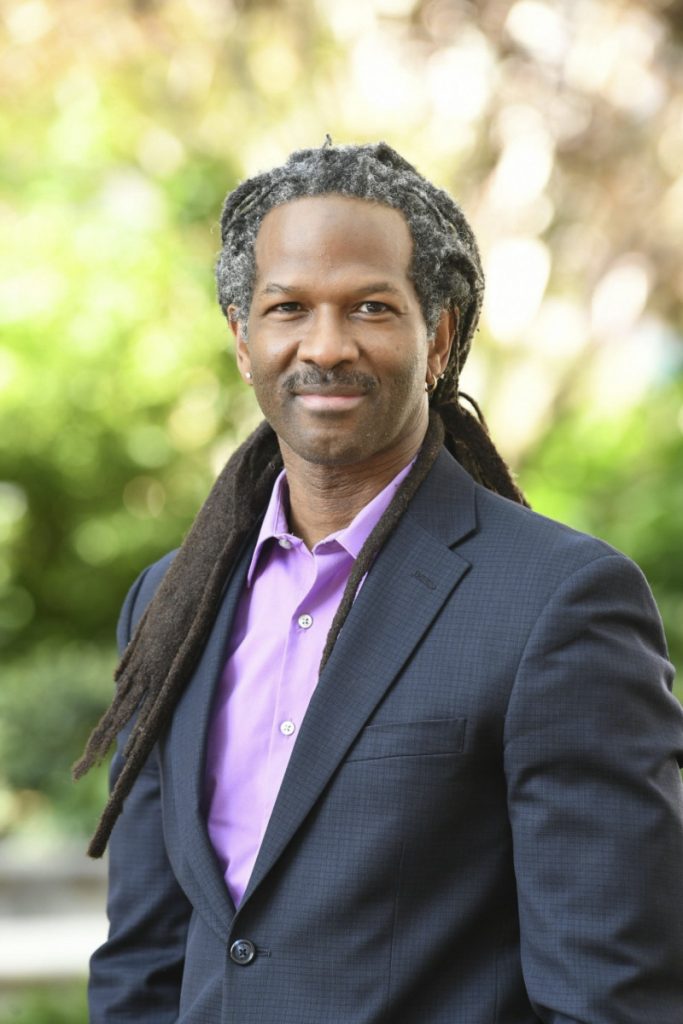MAX ZAMBRANO – STAFF WRITER

Forget drug use. Let’s look at other problems.
That’s the perspective of Carl L. Hart, the Ziff Professor of Psychology at Columbia University. He will present an African American Heritage House Lecture based on this idea at 1 p.m. Aug. 20 on the CHQ Assembly Video Platform.
Hart has published over 100 scientific articles on neuropsychopharmacology and multiple books, including his most recent Drug Use for Grown-ups: Chasing Liberty in the Land of Fear, published in January.
“I wrote this book to present a more realistic image of the typical drug user: a responsible professional who happens to use drugs in his pursuit of happiness,” Hart wrote on his website. “Also, I wanted to remind the public that no benevolent government should forbid autonomous adults from altering their consciousness, as long as it does not infringe on the rights of others.”
Drug use often has a negative connotation, but Hart said a major reason for that is racism.
In his book, and cited in a review by NPR’s Nicholas Cannariato, Hart wrote that after the Civil War, some white employers encouraged Black day laborers to use cocaine because it increased productivity.
He also cited a 1914 New York Times article, one of many, that began connecting Black cocaine use and criminality.
Hart also wrote that only 10% to 30% of drug users, even of heroin and methamphetamine, met the criteria for addiction according to the Diagnostic and Statistical Manual of Mental Disorders 5th Edition (DSM-5).
I started studying drugs because I thought drug addiction was the major cause of problems that plagued communities like the one from which I came. The simple logic was that if I could cure drug addiction, then I could help solve high rates of unemployment, poor education, etc.
—Carl L. Hart
Ziff Professor of Psychology,
Columbia University
He did not expect this when he first started studying drugs.
“I started studying drugs because I thought drug addiction was the major cause of problems that plagued communities like the one from which I came,” he told the Daily. “The simple logic was that if I could cure drug addiction, then I could help solve high rates of unemployment, poor education, etc.”
When people do get addicted, there should be the right resources to help those people, he said. He described one in his book about a Swiss clinic that gave daily doses to heroin addicts.
“Patients were required to show up at scheduled times twice a day. … As a result of being in the program, their health improved; they were happy and living responsible lives,” he said.
He emphasized this was a treatment, not a cure, but that there are only treatments and no cures for other psychiatric disorders like depression, schizophrenia or anxiety.
Hart argues that drugs don’t lead to poverty and crime for individuals and entire neighborhoods and regions, but rather, several complex factors contribute.
“Lack of economic opportunities, social exclusion and other problems are far more important,” he said.
Myths about drugs are more damaging than drugs themselves, Hart said in a BookPage interview.
“They have led to countless preventable drug-related deaths and disproportionately high incarceration rates among Black Americans, and they have prevented us from exploring new treatments and healthier, more humane policies,” he said.
Hart, who is a drug user, said his family understood his coming out, and other challenges could come once he was honest.
“I chose to come out of the closet as an act of civil disobedience on behalf of those unjustly persecuted simply because of what they put in their own bodies,” he said.
In his lecture today, he will focus on the importance of caring for basic needs like jobs and education, he said.
“Then, communities will be much more healthy,” he said.




